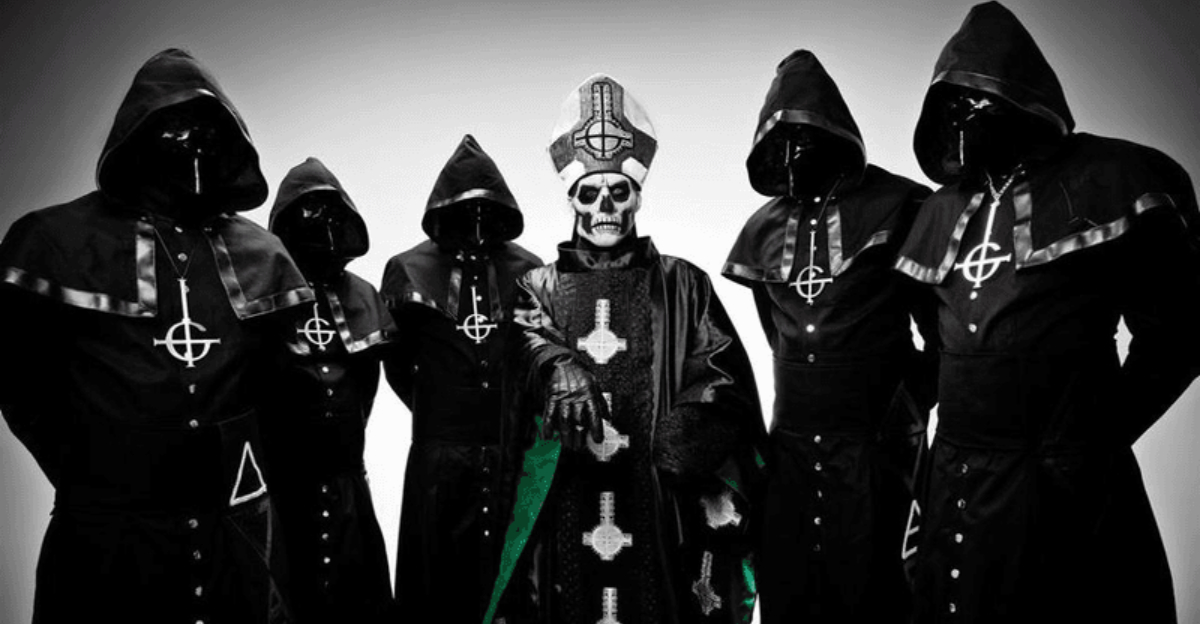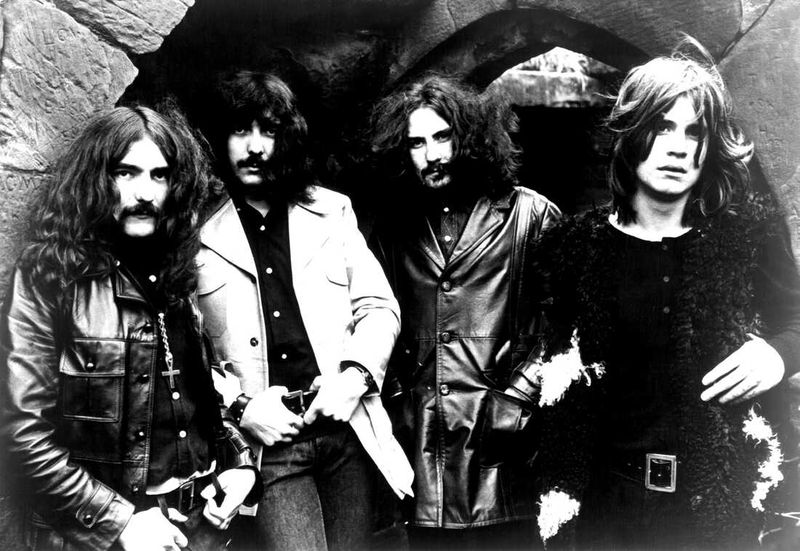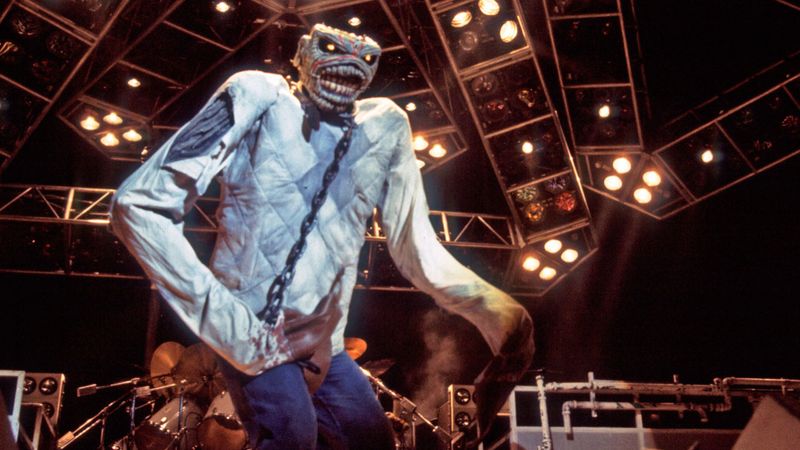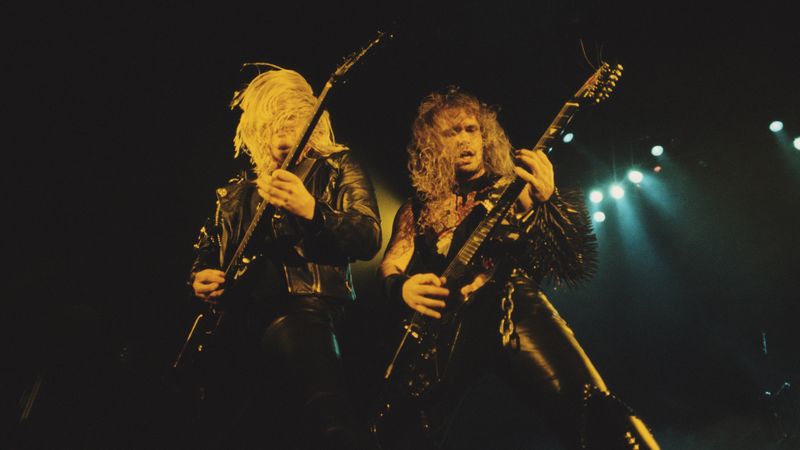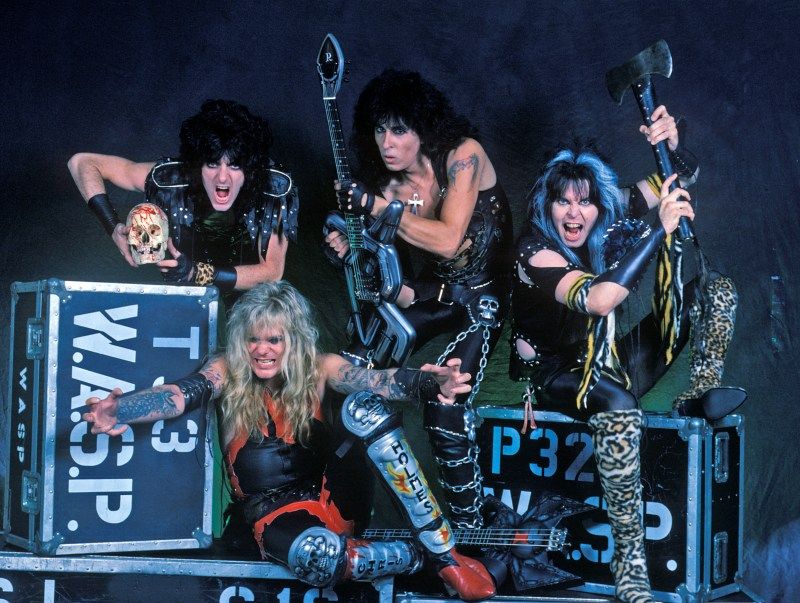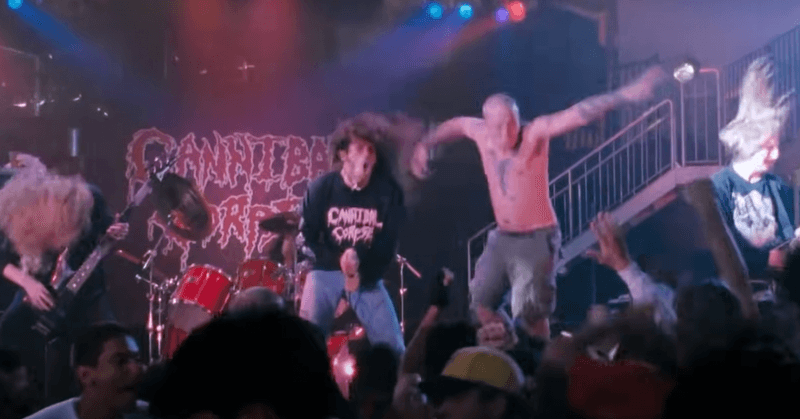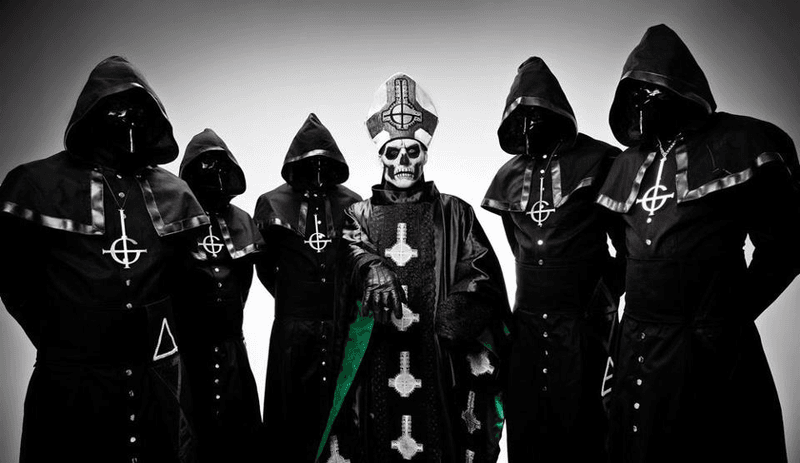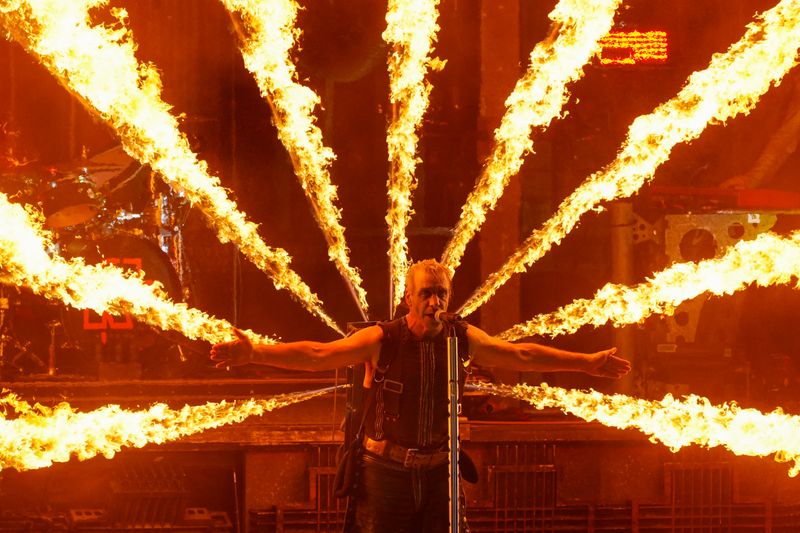Throughout the decades, heavy metal bands have faced intense scrutiny and attempts at cancellation by the media and various organizations. Yet, these iconic groups not only survived the backlash but thrived, cementing their legendary status. Here’s a look at 13 metal gods who turned controversy into triumph.
1. Black Sabbath – “Satan’s Favorite Band” (1970s)
In the 1970s, Black Sabbath emerged as a pioneering force in heavy metal, drawing the ire of religious groups who accused them of promoting devil worship through dark lyrics and imagery. Despite the backlash, Ozzy Osbourne became a cultural icon, known for his outrageous antics like biting the head off a bat on stage. This notoriety only fueled their popularity, leading to the birth of a new musical genre. Their ability to thrive amidst controversy is a testament to their influence and resilience in the face of attempts at cancellation.
2. Judas Priest – “Subliminal Suicide Messages” (1985)
In 1985, Judas Priest faced a lawsuit accusing them of embedding subliminal suicide messages in their album ‘Stained Class’ after a teenager’s suicide. The courtroom battle tested the band’s resolve, but they emerged victorious, proving the accusations baseless. This legal ordeal only strengthened their standing in the metal community, propelling them to greater heights. The trial highlighted the absurdity of blaming music for societal issues and cemented Judas Priest’s legacy as a band that stood firm against unfounded allegations.
3. Iron Maiden – “Eddie the Head is Demonic” (1980s)
Iron Maiden’s mascot, Eddie, became a symbol of controversy in the 1980s. Christian groups labeled Eddie “evil” and protested the band’s concerts, claiming their imagery was demonic. Instead of shying away, Iron Maiden embraced the controversy, using it to fuel their creativity and expand their fanbase. Eddie transformed into one of metal’s most beloved figures, and the band’s commitment to their artistic vision only solidified their legendary status. They proved that embracing controversy could lead to greater success and cultural impact.
4. Slayer – “Banned for Blasphemy” (1986-2006)
Slayer’s ‘Reign in Blood’ faced distribution rejections for being “too extreme,” and their later album ‘Christ Illusion’ sparked protests. Despite these challenges, Slayer became a gold standard in thrash metal. The protests only served to enhance their notoriety, drawing more fans to their intense sound and performances. Their refusal to compromise and their embrace of controversial themes turned them into legends, illustrating how metal bands can thrive when challenged by mainstream disapproval.
5. Metallica – “Selling Out” (1996-2003)
During the late 1990s, Metallica faced accusations of ‘selling out’ after suing Napster and shifting from their thrash metal roots. Fans and media alike criticized the band, but Metallica’s resilience and ability to adapt ultimately solidified their position as the world’s biggest metal band. Their documentary, ‘Some Kind of Monster,’ humanized them and turned them into underdog heroes. Despite the backlash, Metallica’s evolution showcased their versatility and ensured their enduring legacy as a powerhouse in the music industry.
6. Marilyn Manson – “The Columbine Scapegoat” (1999)
In 1999, Marilyn Manson was unfairly scapegoated for the Columbine High School massacre despite having no connection to the events. Politicians and media figures, including Oprah, demonized him. Rather than retreat, Manson embraced his controversial image, which only bolstered his record sales and solidified his status as a free speech icon. By leaning into the villain role, Manson highlighted the absurdity of blaming entertainment for real-world violence, ultimately turning public scrutiny into a platform for artistic expression.
7. Ozzy Osbourne – “Suicide Solution Lawsuit” (1986)
Ozzy Osbourne faced a lawsuit in 1986 when a parent claimed his song ‘Suicide Solution’ encouraged their child’s suicide. The case was dismissed, and instead of diminishing him, it enhanced his legend. Ozzy’s transformation into a beloved TV personality with ‘The Osbournes’ showcased his multifaceted appeal. This episode highlighted the misinterpretations that artists often face, and Ozzy’s ability to weather such storms only added to his mystique and cultural impact.
8. Megadeth – “Political Incorrectness” (1980s-90s)
During the late 1980s and 90s, Megadeth became known for their politically charged lyrics, leading to accusations of being “right-wing extremists.” Dave Mustaine, the band’s frontman, doubled down on their controversial themes, turning criticism into a hallmark of their identity. This defiance solidified Megadeth’s place as thrash metal legends. Their bold stance on political issues resonated with fans and ensured their music remained relevant and impactful, demonstrating the power of standing firm in one’s beliefs.
9. Venom – “Too Satanic for the UK” (1980s)
In the 1980s, Venom faced bans from UK venues and accusations of genuine Satanism due to their dark themes and imagery. Rather than bow to pressure, Venom embraced their image, pioneering the black metal genre and influencing countless bands. Their unapologetic stance and rebellious energy became a defining feature of their legacy. By laughing off accusations and pushing boundaries, Venom demonstrated how embracing controversy can lead to lasting cultural impact and innovation in the music world.
10. W.A.S.P. – “Banned by the PMRC” (1985)
In 1985, W.A.S.P. found themselves on the PMRC’s “Filthy 15” list due to their provocative song ‘Animal (Fuck Like a Beast).’ This led to increased public scrutiny and protests spearheaded by figures like Tipper Gore. Instead of shying away, W.A.S.P. used the controversy to boost their popularity, even mocking the PMRC in their performances. This episode highlighted the band’s ability to turn criticism into a badge of honor, enhancing their image as provocateurs in the rock and metal scene.
11. Cannibal Corpse – “Banned in Germany & Australia” (1990s)
In the 1990s, Cannibal Corpse faced bans in Germany and Australia due to their graphic album covers and lyrics, deemed “extreme violence.” This censorship only heightened their appeal, drawing curiosity and interest from new fans. Featured in mainstream films like ‘Ace Ventura,’ the band capitalized on their notoriety, becoming one of the most successful death metal bands. Cannibal Corpse’s story illustrates how defying censorship and embracing controversy can propel a band to new heights and solidify their legacy.
12. Ghost – “Satanic Panic 2.0” (2010s)
In the 2010s, Ghost faced protests from religious groups over their “devil worship” imagery. Instead of shunning the criticism, the band embraced it, crafting a theatrical and enigmatic stage presence that captivated audiences. Their unique blend of hard rock and theatrics won them Grammys and sold-out arenas. By leaning into the controversy, Ghost demonstrated how a band can turn public scrutiny into a defining element of their artistry, proving that the allure of the forbidden remains a powerful draw.
13. Rammstein – “Too Provocative for America” (1990s-2020s)
From the 1990s to the 2020s, Rammstein has been accused of being “Nazi sympathizers,” despite their anti-fascist stance. This controversy, along with their provocative lyrics and intense live performances, only amplified their fame. Their pyrotechnic shows became legendary, making them global superstars. Rammstein’s ability to harness controversy and turn it into a spectacle has ensured their enduring appeal and success, illustrating how challenging societal norms can lead to worldwide acclaim.
